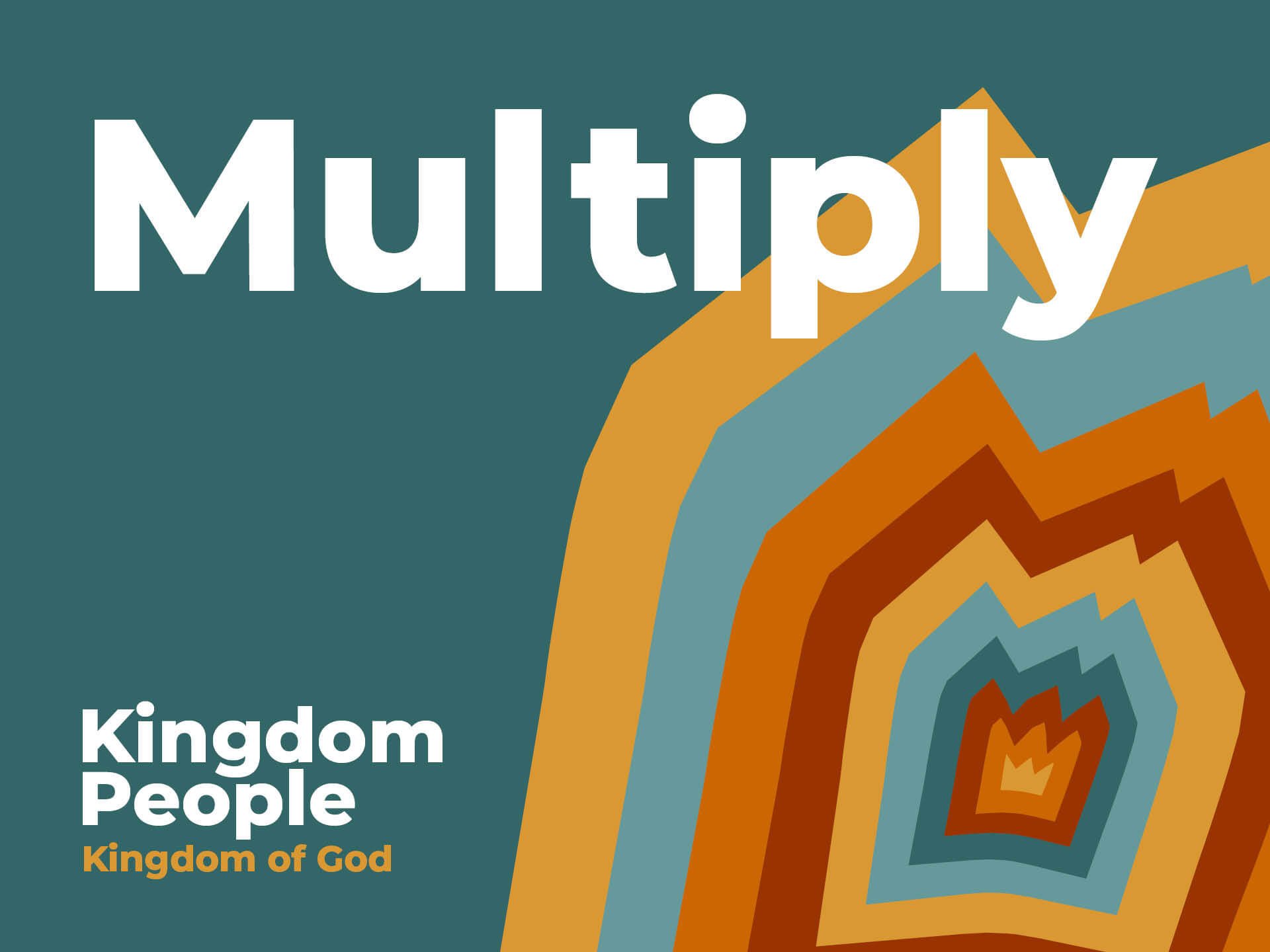Give
About this series:
The title of our teaching series throughout 2023 is The Kingdom Of God. The essential goal is to help people understand the Bible’s teaching on the kingdom of God and raise confidence in God’s plans for his kingdom’s expansion / multiplication.
Teaching about The Kingdom Of God is a great way to address life as a church community - this is how life together under God’s reign should look like. And to address our lives in the world - demonstrating to those in our sphere of influence the reality of God and what life looks like when God is your king.
The six topics we will cover in Kingdom People are characteristics we believe to be foundational to life as a follower of Jesus. They are therefore qualities of people living in the kingdom of God - people who trust God, grow in Christlikeness, relate to others in godly ways, give freely because they have freely received, share their lives and faith with others, and seek the multiplication of God’s kingdom wherever they go.
About this talk:
Scripture: 1 Timothy 6:6-10
These six characteristics of people who live under God’s rule, six marks of Kingdom People, are intensely challenging. None more so than being people who are generous, giving freely because we have received so much all on the basis of grace. To give is to freely, voluntarily supply someone with something that belongs to you. Giving is focussed solely on benefitting the recipient; it wants the best for them, even to the expense of one’s own comfort.
1 Timothy 6 is one of two particularly well-known passages in which Paul addresses material possessions and generosity. In 2 Corinthians 8 & 9 he commends the Macedonian churches for the generosity they showed in the collection for the Jerusalem church. Despite being, “in the midst of a very severe trial, their overflowing joy and their extreme poverty welled up in rich generosity” (8:2). His encouragement to the Corinthians is based not only on the example of the Macedonian churches, but more importantly on God’s grace to us in Jesus: “For you know the grace of our Lord Jesus Christ, that though he was rich, yet for your sake he became poor, so that you through his poverty might become rich” (8:9).
And here in 1 Timothy 6:6-10 we have more instruction about how we should view material possessions. In this letter, Paul is giving advice to a relatively young leader who has been urged to, “stay there in Ephesus so that you may command certain people not to teach false doctrines any longer” (1:3). Paul writes to Timothy so he will know how to, “fight the battle well, holding on to faith and a good conscience” (1:18-19) and, “know how people ought to conduct themselves in God’s household” (3:15). Paul instructs him to, “be diligent in these matters; give yourself wholly to them…Watch your life and doctrine closely” (4:15-16), outlining a wide range of, “things you are to teach and insist on” (6:2).
One of those “things” being attitudes to material possessions, on which Paul speaks about:
vs 6, 8: Contentment.
v 7: The fact that we brought no material possessions into the world and will take none with us when we die.
v 9: The desire to get rich leads to, “many foolish and harmful desires that plunge people into ruin and destruction.”
v 10: “The love of money [being] a root of all kinds of evil” evidenced by the fact that, “some people, eager for money, have wandered from the faith and pierced themselves with many griefs.”
If God is our model for how to relate to one another, generosity (with our time, talents and treasure) must be a mark of genuine faith and a genuinely transformed life. What that looks like will, of course, vary with each person’s situation
This is what life under God’s reign looks like: being free from the trap of accumulating material possessions and therefore being free to generously provide for the needs of others.
What are some of the lies our culture constantly speaks to us when it comes to material possessions?
Where have you found this to be a particular challenge?
What are some small steps we can take to free ourselves from this trap and wall into greater generosity?






